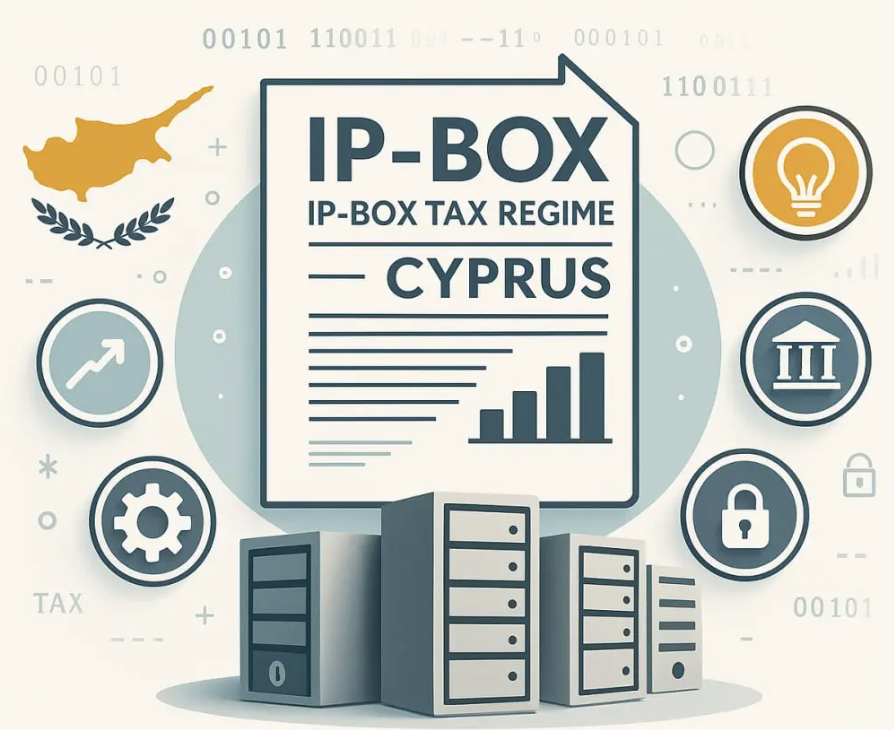
If you are looking to establish an Intellectual Property Holding Company (IP Holding Company) to generate profits from licensing, protect assets, or adjust profits within a corporate group, choosing the right jurisdiction is crucial. In this article, we will review the most attractive IP-Box regimes in the world that offer preferential taxation on income derived from intellectual property (IP).
What is an IP-Box Regime?
An IP-Box (Intellectual Property Box) is a special tax regime offering reduced tax rates on income from intellectual property (IP) rights like patents, software copyrights, trademarks, etc. The goal is to foster innovation and attract tech-driven companies by providing favorable tax treatment on qualifying IP assets.
Not all income qualifies, and the rules for qualifying IP assets differ by country. For instance, some companies may think they qualify, but after review, they may not meet the criteria. In such cases, it might be better to choose a country with low taxes and simple administration.
In any case, we present below the main IP-Box regimes in the world:
Cyprus
Cyprus applies a reduced tax of up to 2.5% to qualifying intellectual property assets such as patents, computer software, utility models, and other assets that are new, useful, or non-obvious. The regime does not apply to business names, trademarks, image rights, and marketing activities. The tax is reduced on royalties, licensing fees, compensation income, trading profits from the disposal of IP assets, and capital gains from the disposal of IP assets.
Malta
Malta applies a reduced tax of 1.75% to qualifying intellectual property assets such as software, patents, utility models, rights related to plant and genetic material, plant protection products, orphan drug designations, and other intellectual property assets that are new, useful, non-obvious, and certified by Malta Enterprise. The regime does not apply to business names, trademarks, image rights, and marketing activities. Qualifying revenue includes total income from IP, including embedded royalties, licensing fees, compensation for infringements, and gains from the disposal of IP assets after deducting related expenses.
Hungary
In Hungary, the tax rate is 4.5% on patents, utility model protection, and copyrighted software. The regime does not cover trademarks, know-how, and other marketing-related IP, as well as non-software copyrights. Qualifying revenue includes royalties.
Belgium
Belgium applies a reduced tax of 4.44% on income from patents and copyrighted software. The regime does not include know-how, trademarks, designs, models, formulas, and processes. Patent income is subject to the reduced tax rate.
Luxembourg
Luxembourg applies a 5.2% tax on patents, trademarks, designs, domain names, models, software copyrights, and brands used for goods and services such as production and marketing know-how. The regime does not apply to formulas and copyrights (excluding software). Royalties, after deducting costs such as amortization, R&D expenses, and interest, are taxed favorably.
Netherlands
The Netherlands offers a 7% tax rate on self-developed intellectual property, including patents, copyrighted software, and R&D-related IP. Trademarks, brands, and acquired IP do not qualify for the reduced tax rate. Qualifying income includes net revenue from these assets.
If you are interested, please do not hesitate to contact Fidustria.
